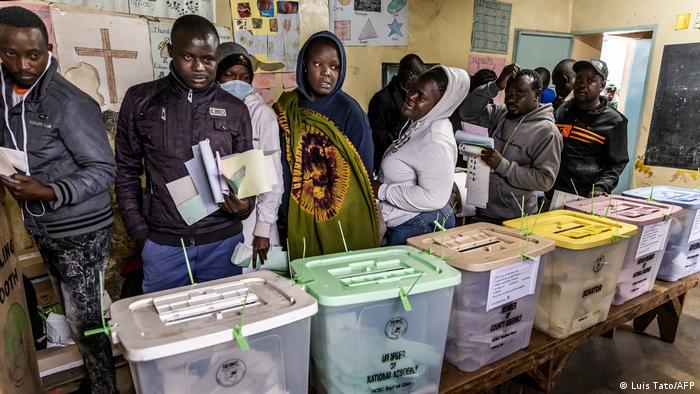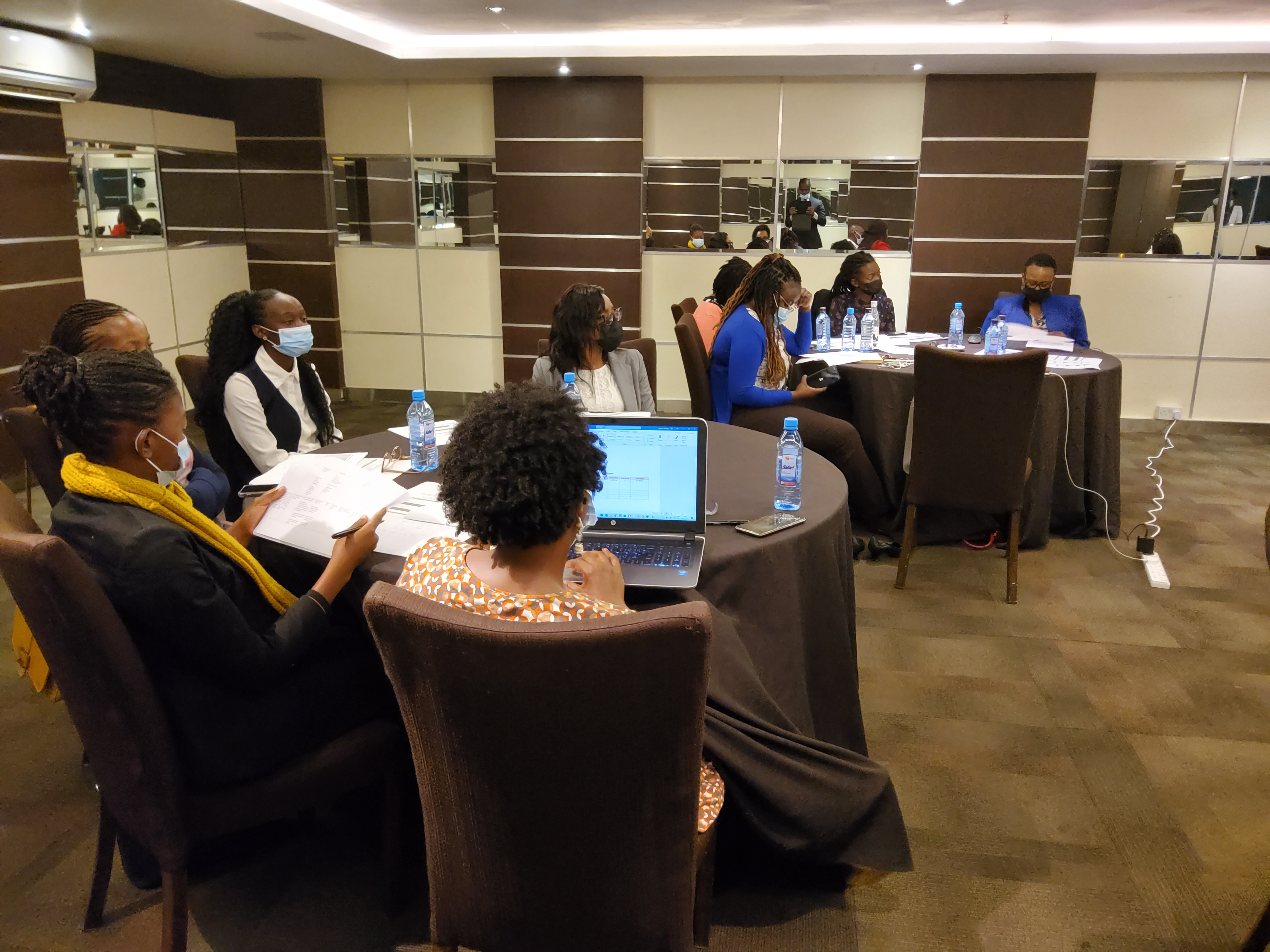Kenya’s review by the Committee Against Torture: great dialogue, but recommendations were not comprehensive
Published on 27 May 2022, 05:00 PM
Kenya was reviewed by the CAT in May 2022
 Civil society briefing the Committee Against Torture
Civil society briefing the Committee Against Torture
On the 4th and 5th of May 2022, Kenya was reviewed by the Committee Against Torture. The review happened 9 years after the 2nd cycle review, but the Committee apologized for the delay that was due to the Covid-19 pandemic. The dialogue was one of the best reviews by the treaty bodies: the Committee had read the reports and done extensive research on the country. This was evident during the NGO briefing as well as the dialogue where they put both civil society and the government to question on the issues facing the country.
The Committee was interested in data to measure the level of implementation of various laws and policies, the independence and impartiality of accountability mechanisms, reparation mechanism for victims and survivors of torture, access to legal aid mechanisms for victims of torture and aligning national legislation with international law.
Challenges
The review was however marred with technical challenges as the NGOs in Kenya were not able to deliver statements via zoom during the briefing. Moreover, on the 4th of May 2022 the UNTV did not broadcast the session hence further limiting the participation of civil society in Kenya in the review.
On the 13th of May 2022 the Committee published its Concluding Observations. Unfortunately, they failed to address key concerns on the prevention and response of torture. This includes the development of guidelines on the prevention of torture act to ensure that victims and survivors can access rehabilitation services, training of all criminal justice actors on the prevention of torture act, the establishment of an oversight body over Kenya Forest Service and Kenya Wild life Service .
The Committee also did not reference reparations for the other forms of human rights violations and give remedies to the witness protection agency, even though gender-based violence occurred during the 2007-2008 elections.
Although the committee gave progressive recommendations, it failed to take into account the realities faced by victims and survivors of torture, which continue to create a barrier on the prevention and response to torture. Without collectively addressing the issues, the spirit of the UNCAT may not be realized. In future, the intricacies of torture should be taken into consideration when reviewing countries.
The webcast of the dialogue is available here and here.
 Civil society briefing the Committee Against Torture
Civil society briefing the Committee Against Torture







